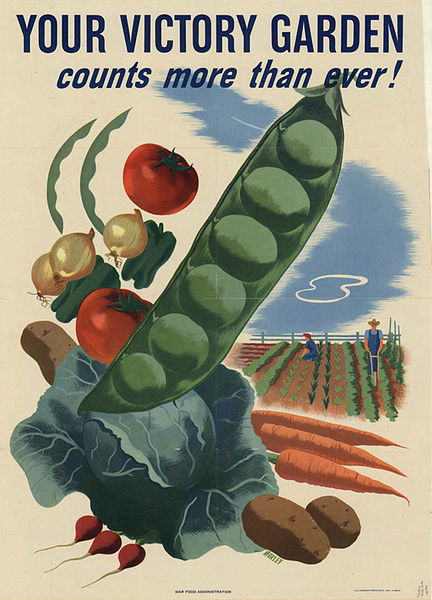The Green New Deal, explained
David Roberts, Vox
An insurgent movement is pushing Democrats to back an ambitious climate change solution.
—
… For this story, I talked to wonks and political activists who are working on the GND, and without exception, they expressed surprise at the speed and intensity with which both media attention and activist energy have centered on it. There is a sense among those involved that they have caught a tiger by the tail.
The GND push has thrust climate change into the national conversation, put House Democrats on notice, and created an intense and escalating bandwagon effect. Politicians (most recently 2020 presidential aspirant Cory Booker), advocates (most recently Al Gore), wonks, and activists — everyone involved in green politics is talking about the GND.
But … WTF is it?
As we will see, the exact details of the GND remain to be worked out, but the broad thrust is fairly simple. It refers, in the loosest sense, to a massive program of investments in clean-energy jobs and infrastructure, meant to transform not just the energy sector, but the entire economy. It is meant both to decarbonize the economy and to make it fairer and more just.
But the policy is only part of the picture. Just as striking are the politics, which seem to have tapped into an enormous, untapped demand for climate ambition.
(21 December 2018)
Great summary, recommended by friends and Resilience commenter JRM. -BA
Is a Green New Deal Possible Without a Revolution?
Eric Levitz, New York Magazine
… To the median Democrat, a Green New Deal is just a fancy name for an infrastructure bill that includes significant investments in renewable energy, and climate resiliency. To the progressive think tank Data for Progress, it’s a comprehensive plan for America to achieve net-zero carbon emissions by 2050, through a combination of massive public investment in renewables, smart grids, battery technology, and resiliency; turbocharged environmental regulations; and policies that promote urbanization, reforestation, wetland restoration, and soil sustainability — all designed with an eye toward achieving full employment, and advancing racial justice.
But to the American left’s most utopian reformists, the Green New Deal is shorthand for an ambition even more sweeping. More precisely, it is a means of conveying their vision for radical change to a popular audience, by way of analogy.
(13 December 2018)
The Green New Deal is Launched Today (2008)
Rob Hopkins, Transition Culture
I had the privilege last week to attend a kind of think tank thing organised by Colin Hines, which preceded the release today of the Green New Deal Group’s report, which I think is something that all of you involved in Transition work will find extremely useful. The Group has been meeting since early 2007, consisting of Larry Elliot, Colin Hines, Tony Juniper, Jeremy Leggett, Caroline Lucas MEP, Richard Murphy, Ann Pettifor, Charles Secrett and Andrew Simms. The opening paragraph of the report runs as follows;
“The global economy is facing a ‘triple crunch’. It is a combination of a credit-fuelled financial crisis, accelerating climate change and soaring energy prices underpinned by an encroaching peak in oil production. These three overlapping events threaten to develop into a perfect storm, the like of which has not been seen since the Great Depression. To help prevent this from happening we are proposing a Green New Deal”.
The report is the group’s first attempt, and some areas are stronger than others, however, what I think is centrally important about this report is that it puts the global credit crisis alongside peak oil and climate change, or as Colin Hines colourfully put it (with a mental image that I struggle to get out of my mind) “the three shits hitting the fan”.
(21 July 2008)
Image: Victory garden poster, World War II (1945). Artist: Morley. Wikimedia Commons https://commons.wikimedia.org/wiki/File:Victory-garden.jpg





